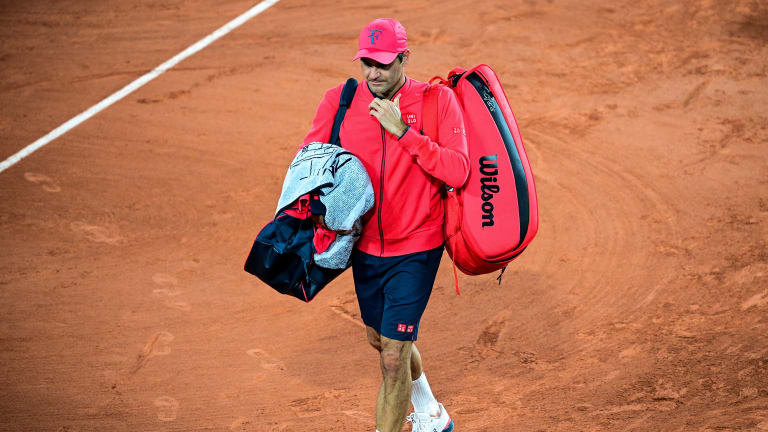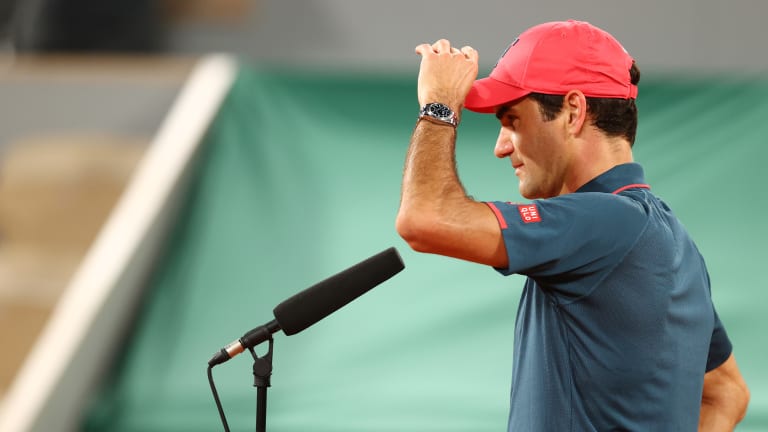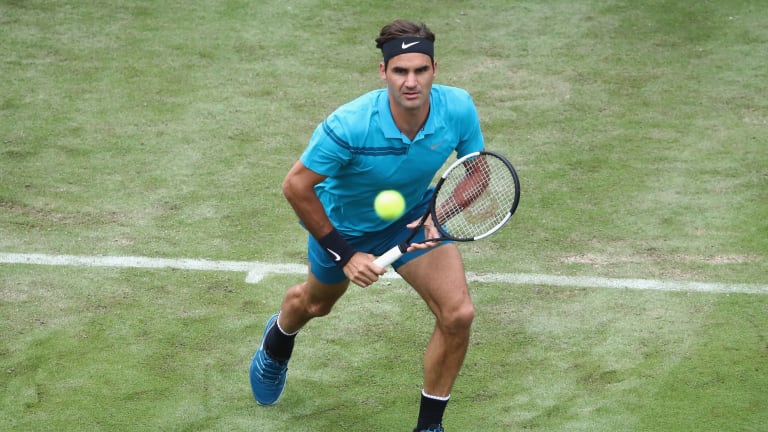Roland Garros
Four questions about the future of Roger Federer
By Jun 09, 2021Roland Garros
Rafael Nadal withdraws from French Open with hip injury; 2024 likely to be last year on tour
By May 18, 2023Roland Garros
French Open organizers give wild cards to veterans Paire and Mladenovic
By May 15, 2023Roland Garros
Novak Djokovic: 19 stats for his 19th Grand Slam title
By Jun 14, 2021Roland Garros
Five Things To Know About Barbora Krejcikova’s Win At Roland Garros
By Jun 14, 2021Roland Garros
Ranking Reaction: Tsitsipas hits new high of No. 4, Krejcikova surges into Top 20
By Jun 14, 2021Roland Garros
How do Novak Djokovic, Rafael Nadal and Roger Federer stack up, post-Paris?
By Jun 14, 2021Roland Garros
The Rally: Is Novak Djokovic's Roland Garros triumph the most remarkable of his 19 Slam-title runs?
By Jun 13, 2021Roland Garros
Dani's Take: Krejcikova's triumph, Djokovic's usurpation, and taking stock of the final 72 hours in Paris
By Jun 12, 2021Roland Garros
The Rally: At a French Open where new faces confronted big moments, Barbora Krejcikova completes a breakout singles run
By Jun 12, 2021Four questions about the future of Roger Federer
Two months from his 40th birthday, the 20-time Grand Slam champion had Wimbledon on his mind as he punted on a chance—albeit an unlikely one—to add another major at Roland Garros.
Published Jun 09, 2021
Advertising
Advertising

We didn't know it at the time, but in this photo, Roger Federer was walking off the court for the last time at this year's French Open.
© AFP via Getty Images
Advertising

Roger Federer speaks to a practically empty Court Philippe Chatrier after what was a taxing four-set, third-round win.
© Getty Images
Advertising

For Federer, his return this season has always been about being ready to compete on grass, in Halle and at Wimbledon.
© 2018 Getty Images